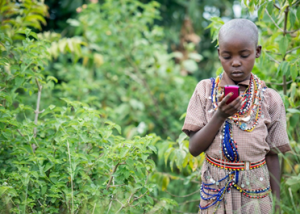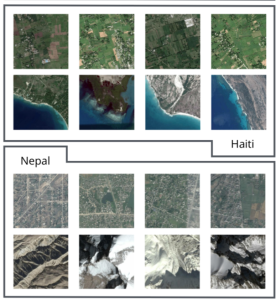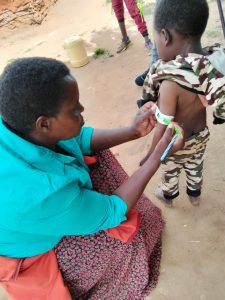Local Perceptions of Privacy and Fairness
Project description
In international development, privacy is often framed in terms of data privacy as it is defined in data protection frameworks — regulating how organizations handle the collection, use, and aggregation of personal data. However, there is a large body of work demonstrating that protecting privacy requires going beyond this important but relatively narrow framing of privacy.
To account for a more holistic set of privacy concerns that arise from using mobile phone data and machine learning in international development, the team conducted qualitative semi-structured interviews with 124 people living in rural Togo. We found that the privacy concerns raised by people living in rural Togo — people sometimes referred to experiential experts — were different from those commonly raised by domain experts in privacy and development. Rather than focusing on (mis)use by institutional actors, the primary concerns of experiential experts were tied to how the revelation of data to people in their broader community could affect (or disrupt) social relations. We demonstrate that placing the privacy concerns raised by experiential experts and domain experts in conversation can provide a more robust and constructive account of privacy than either on its own. We hope these efforts can help inspire future work that explores how to better elicit the privacy concerns and values of a wider range of “experts,” and to better position technologists and policymakers to design technologies, policies, and practices that integrate insights from different types of expertise to address holistic conceptions of privacy.
Related Publications
- Zoe Kahn, Méyébinesso Farida Carelle PERE, Emily Aiken, Nitin Kohli, and Joshua E. Blumenstock. 2025. Expanding Perspectives on Data Privacy: Insights from Rural Togo. Proc. ACM Hum.-Comput. Interact. 9, 2, Article CSCW070 (May 2025), 29 pages. https://doi.org/10.1145/3710968












